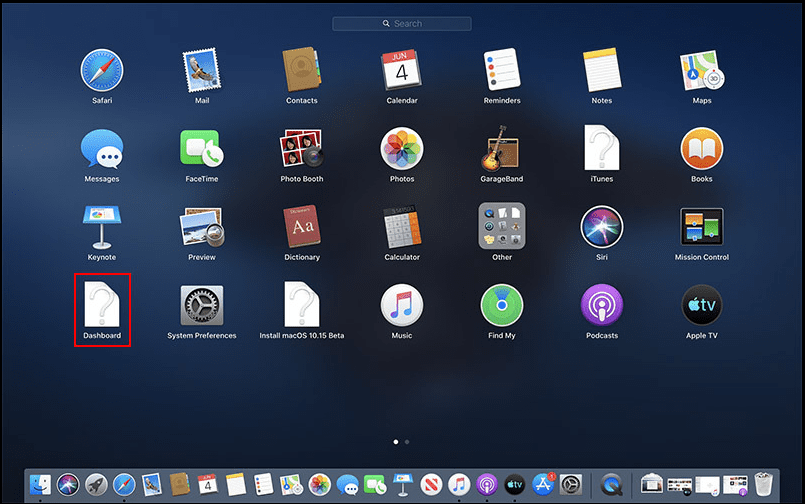What is the full form of UNIX? The full form of UNIX (also called UNICS) is a UNIplexed Information Computing System. UNiplexed Information Computing System is a multiuser operating system that is also virtual and can be deployed on various platforms such as desktops, laptops, servers, mobile devices, and more.
What does Unix mean?
What does Unix mean? Unix is a portable, multitasking, multiuser, timesharing operating system (OS) developed in 1969 by AT&T employees. Unix was first programmed in assembly language but was reprogrammed in C in 1973. Unix operating systems are widely used in PCs, servers, and mobile devices.

What is the full meaning of Unix and Linux?
Related to UNIX: Linux, Unix commands, Unix shell scripting. Acronym. Definition. UNIX. Uniplex information and computer system.
Where is Unix used?
UNIXa multiuser computer operating system. UNIX was developed in the late 1960s by Bell Laboratories of AT&T Corporation due to efforts to create a timesharing computer system. UNIX is widely used for Internet servers, workstations, and mainframe computers.
What is the full meaning of Linux?
LINUX stands for Lovable Intellect Not Using XP. Linux is an open-source, community-developed operating system for computers, servers, mainframes, mobile devices, and embedded devices. Linux receives requests from system programs and forwards them to computer hardware.
What are UNIX and its purpose?
Unix is an operating system. It supports multitasking and multiuser functionality. Unix is most commonly used in all computer systems, such as desktops, laptops, and servers. Unix has a graphical user interface similar to Windows that supports easy navigation and a supportive environment.
Is Windows UNIX?
While Windows is not based on Unix, Microsoft has dabbled with Unix. Microsoft licensed Unix from AT&T in the late 1970s and used it to develop its commercial derivative, Xenix.
Why is it called UNIX?
In 1970, the group coined Unics for Uniplexed Information and Computing Service as a play on words for Multics, which stood for Multiplexed Information and Computer Services. Brian Kernighan takes credit for the idea but adds that “no one can remember” the origin of the final Unix spelling.
What is the difference between Linux and UNIX?
Linux is a Unix clone that behaves like Unix but does not contain its code. Unix includes an entirely different encoding developed by AT&T Labs. Linux is just the kernel. Unix is a complete package of operating systems.
What are the main functions of UNIX?
The UNIX operating system supports the following functions and capabilities: Multitasking and multiuser. Programming interface. Using files as abstractions of devices and other objects. Embedded Networks (TCP/IP is standard) Persistent system service processes called “daemons” and managed by init or init.
Is Unix 2020 still being used?
It is still widely used in enterprise data centers. It still runs huge, complex, important applications for businesses that need these apps. And despite lingering rumors of impending death, its use is still growing, according to new research from Gabriel Consulting Group Inc.
What is the heart of Unix?
Unix architecture. Kernel − The kernel is the heart of the operating system. It interacts with the hardware and most tasks, such as memory management, job scheduling, and file management.
Why is Unix so popular?
Unix is popular with programmers for several reasons. The building block approach is a primary reason for its popularity, where simple tools can be streamed together to produce highly sophisticated results.
What is an example of Linux?
Desktop Linux distributions include a window system such as X11 or Wayland and a desktop environment such as GNOME or KDE Plasma. Popular Linux distributions include Debian, Fedora, and Ubuntu. Commercial distributions include Red Hat Enterprise Linux and SUSE Linux Enterprise Server.
What is Linux in simple language?
Linux® is an open-source operating system (OS). An operating system is software that directly manages a system’s hardware and resources, such as CPU, memory, and storage. The operating system sits between applications and hardware, connecting all your software and the physical resources that do the work.
Why do we use Linux?
The Linux system is very stable and not prone to crashes. The Linux operating system runs exactly as fast as when it was first installed, even after several years. Unlike Windows, you don’t have to reboot a Linux server after every update or patch. Because of this, Linux has the largest number of servers on the Internet.
How does UNIX work?
The UNIX system is functionally organized on three levels: The kernel, which schedules tasks and manages storage; The shell, which connects and interprets user commands, calls programs from memory, and executes them; and. The tools and applications that provide additional functionality to the operating system.
Is it part of UNIX OS?
The UNIX operating system consists of the kernel, the shell, and the programs.
Is UNIX free?
Unix was not open-source software, and the Unix source code could be licensed through agreements with its owner, AT&T. With all the activity around Unix in Berkeley, a new delivery of Unix software was born: the Berkeley Software Distribution, or BSD.
Is Windows Posix or Unix?
While POSIX is based heavily on the BSD and System V releases, non-Unix systems such as Microsoft’s Windows NT and IBM’s OpenEdition MVS are compatible.
Is Windows 11 Unix Based?
The truth is, whether it is true or not; this news would like many and alarm many others. But that the next Windows 11 will be based on the Linux kernel instead of Microsoft’s Windows NT kernel; would be much more shocking news than Richard Stallman’s speech at Microsoft headquarters.
Will Windows be Linux?
Microsoft is bringing the heart of Linux to Windows, the latest sign of the software giant’s increasing receptivity to open-source software. Microsoft Windows and the open-source Linux operating system were opposites for decades.
